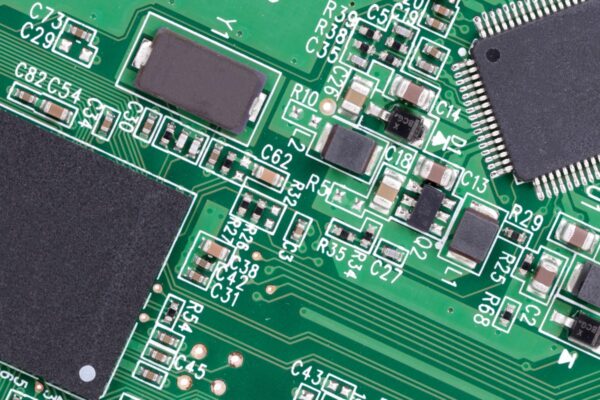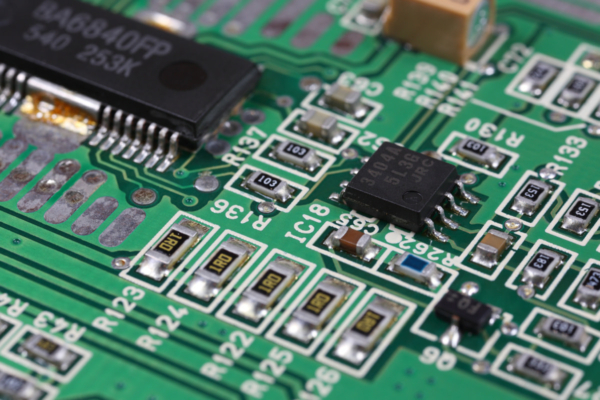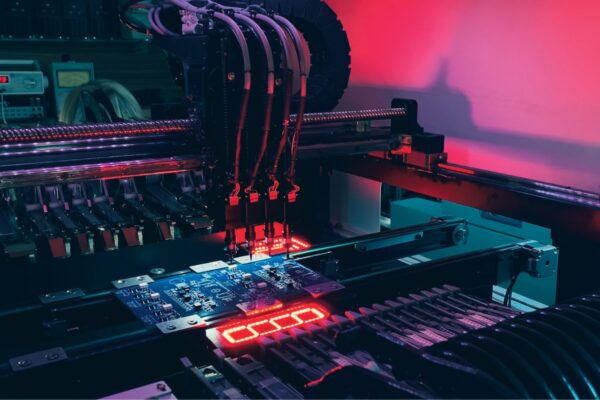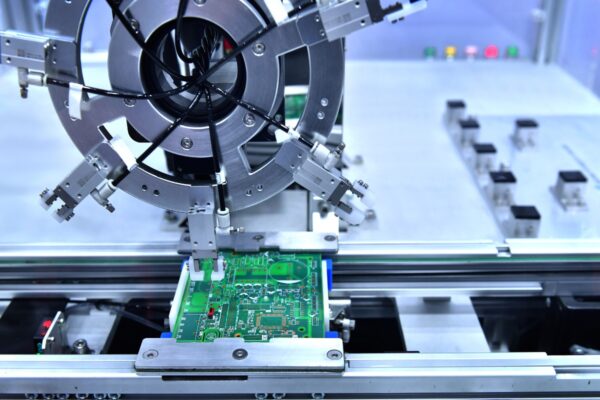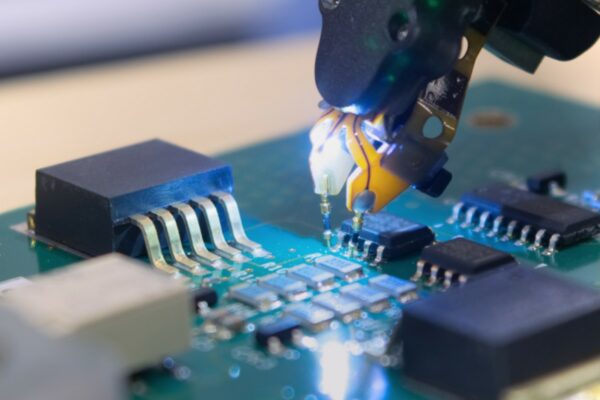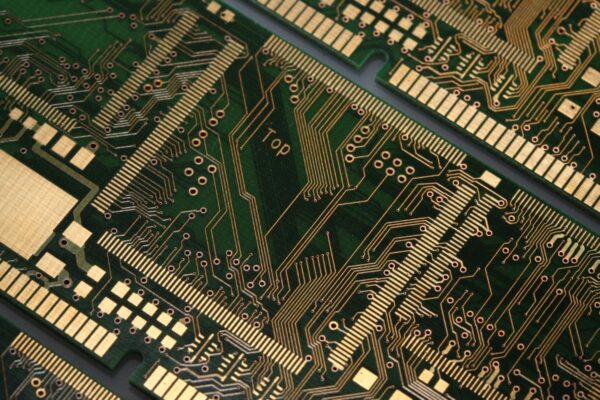What is Base Material Thickness
Base material thickness is the measurement of the substrate material used in the fabrication of a printed circuit board. The substrate material, also known as the base or core material, is the non-conductive layer that provides structural support to the PCB and serves as the foundation for the copper traces and other components.
The base material thickness excludes any metal foil or material deposited on the surface of the substrate. It is specifically referring to the thickness of the non-conductive material itself. This measurement is separate from the thickness of the copper layer, which is determined by the current-carrying requirements of the PCB.
The base material thickness matters in the overall dimensions and performance of the PCB. It directly affects the structural integrity and mechanical properties of the board. The choice of substrate material and its thickness can be customized to meet the specific requirements of the PCB design.
